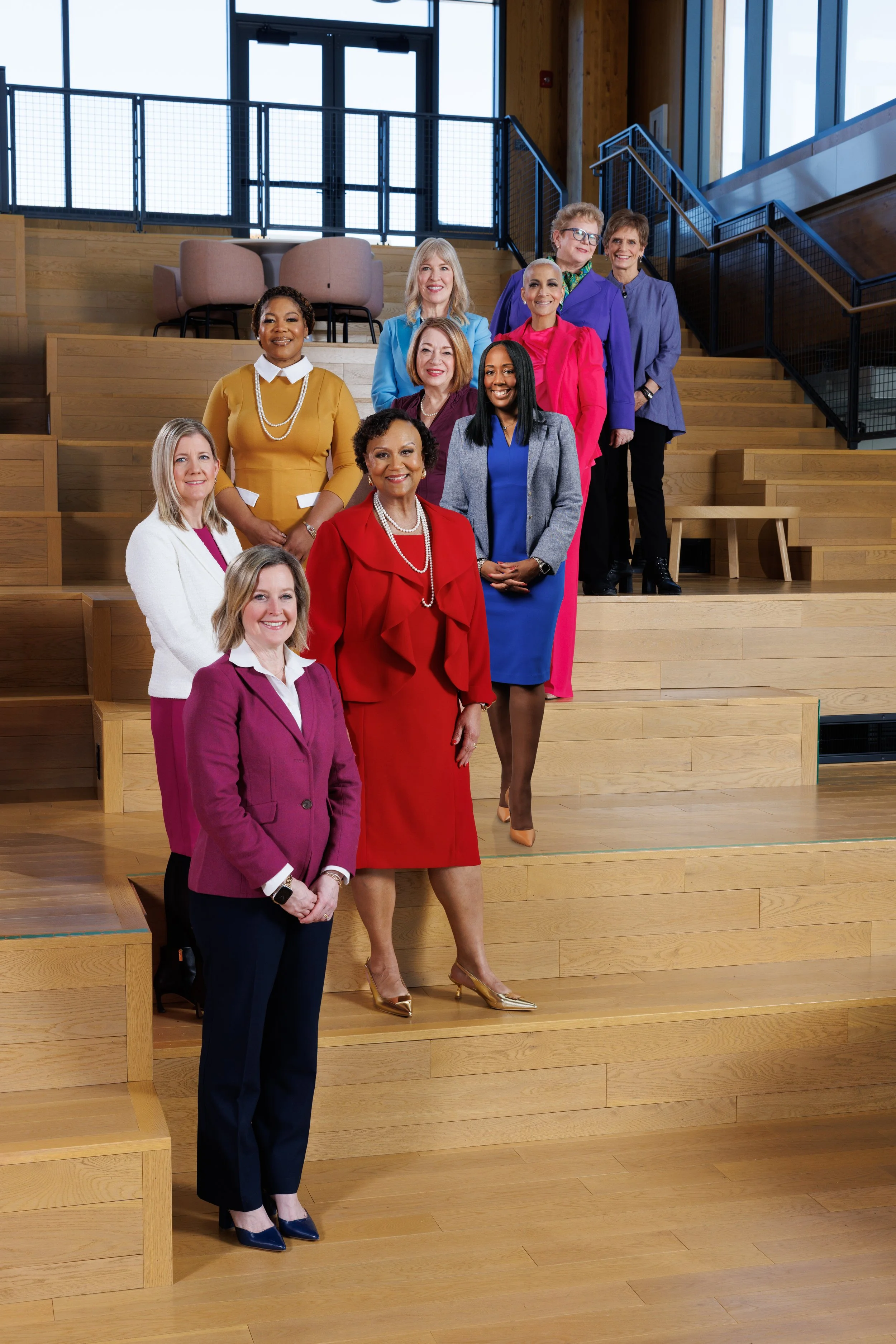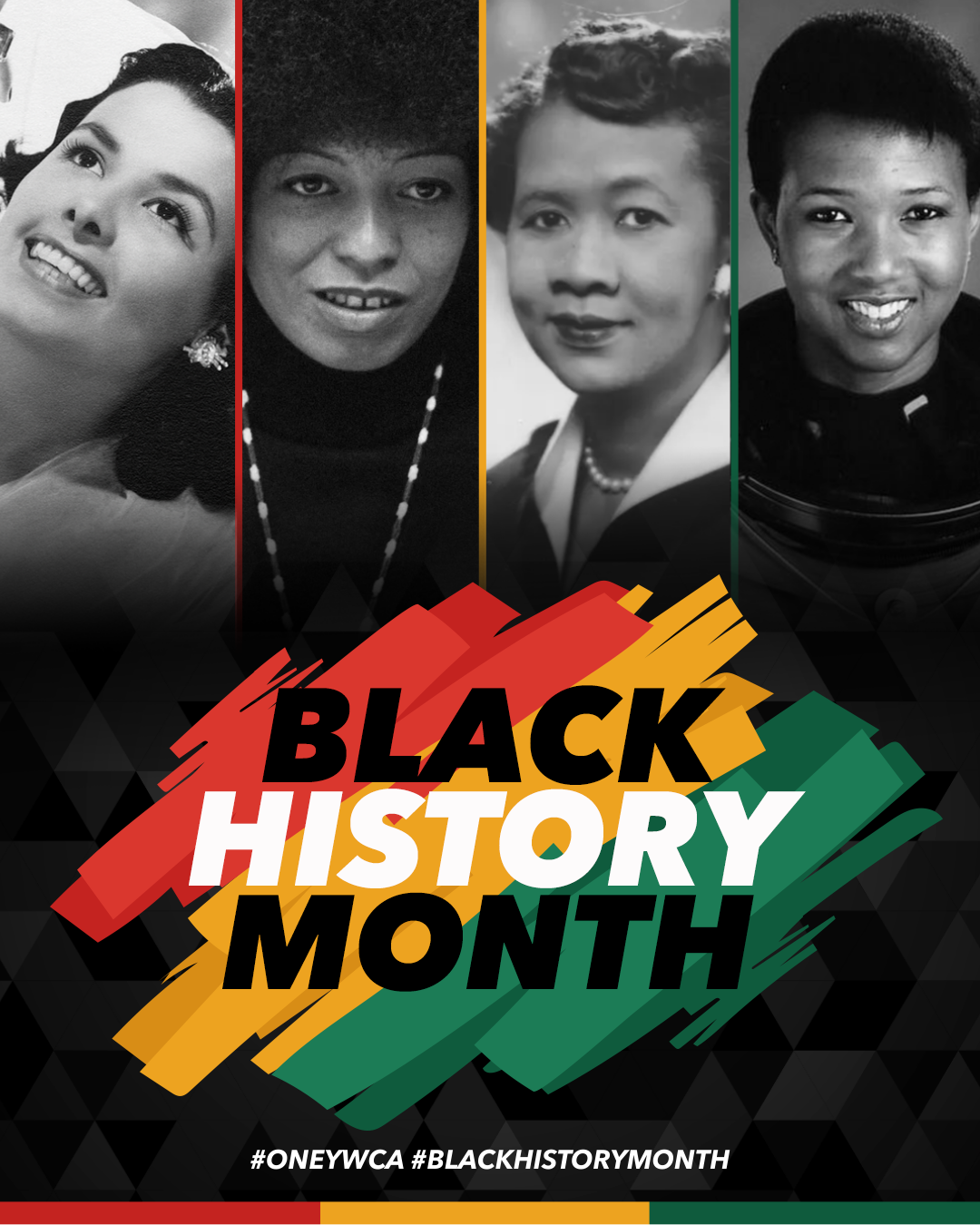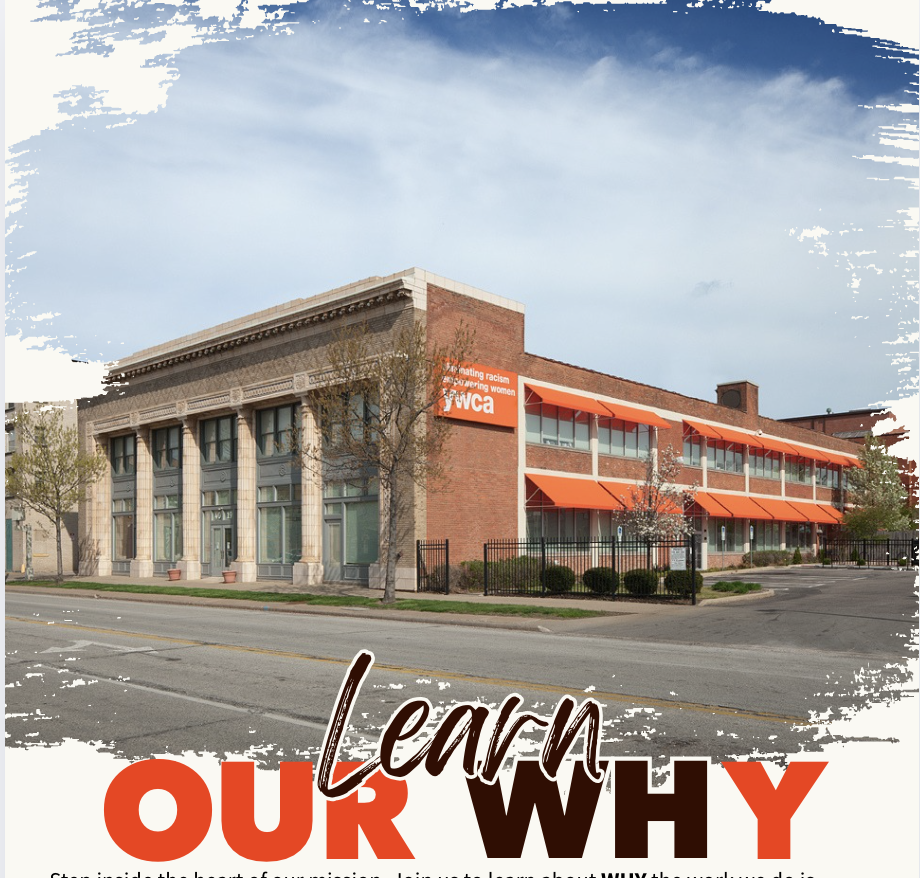YWCA Greater Cleveland is dedicated to building community, empowerment, and promoting peace, justice, freedom, and dignity for all.
Founded in 1868, YWCA Greater Cleveland is the seventh-oldest YWCA in the nation and one of the city’s most enduring nonprofit organizations. For over 150 years, we’ve been a trusted advocate and support system for individuals facing homelessness, trauma, and deep-rooted barriers to stability.
Support from our donors and program partners EMPOWERS our work | our participants | our community.
We provide critical services—including affordable housing, mental health support, crisis intervention, workforce development, and housing stability programs. Every contribution directly empowers individuals to rebuild their lives and take steps toward lasting independence.
When you give to YWCA Greater Cleveland, you’re not just donating—you’re investing in dignity, equity, and the power of second chances.

What We Do ↘
YWCA Greater Cleveland provides direct services, empowerment programming, leadership on public policy, and support for individuals and families in need while working to eliminate barriers to opportunities.
Build Community
Empower
End Homelessness
Early Learning Center
The Early Learning Center (ELC) is a Gold Star-rated, specialized, two-generational Pre-K program serving families with young children ages 3-5. Many have experienced homelessness or other significant challenges. We focus on the social/emotional needs of our students and their families. Transportation and financial assistance might be available
Independence Place & NIA
Independence Place & NIA (Nurturing Independence and Aspirations), is a highly personalized, participant-centered model of supportive services and case management for current and past participants of YWCA’s programs. It is 23-unit permanent supportive housing program for young adults ages 18-24 who have experienced homelessness & other challenges.
Norma Herr Women's Center
Norma Herr is Cleveland’s only low-barrier emergency shelter for women ages 18-80. We serve an average of 170 women each night.
Cogswell Hall
Cogswell Hall supports adults who have experienced homelessness by offering permanent supportive housing, specialized care, and community.

Our Impact ↘
YWCA Greater Cleveland provides direct services, empowerment programming, leadership on public policy, and support for individuals and families in need while working to eliminate barriers to opportunities.

100%
graduation rate from Early Learning Center
250+
Women of Achievement honorees
6,782+
people served at Norma Herr Women's Center
130+
youth served at Independence Place
53
residents housed by Cogswell Hall
Support our mission ↘
$25
Can help provide students with school supplies.
$50
Can help provide supportive services.
$100
Can help youth transition to stable housing.
Other
Can help build community and promote dignity for all.





